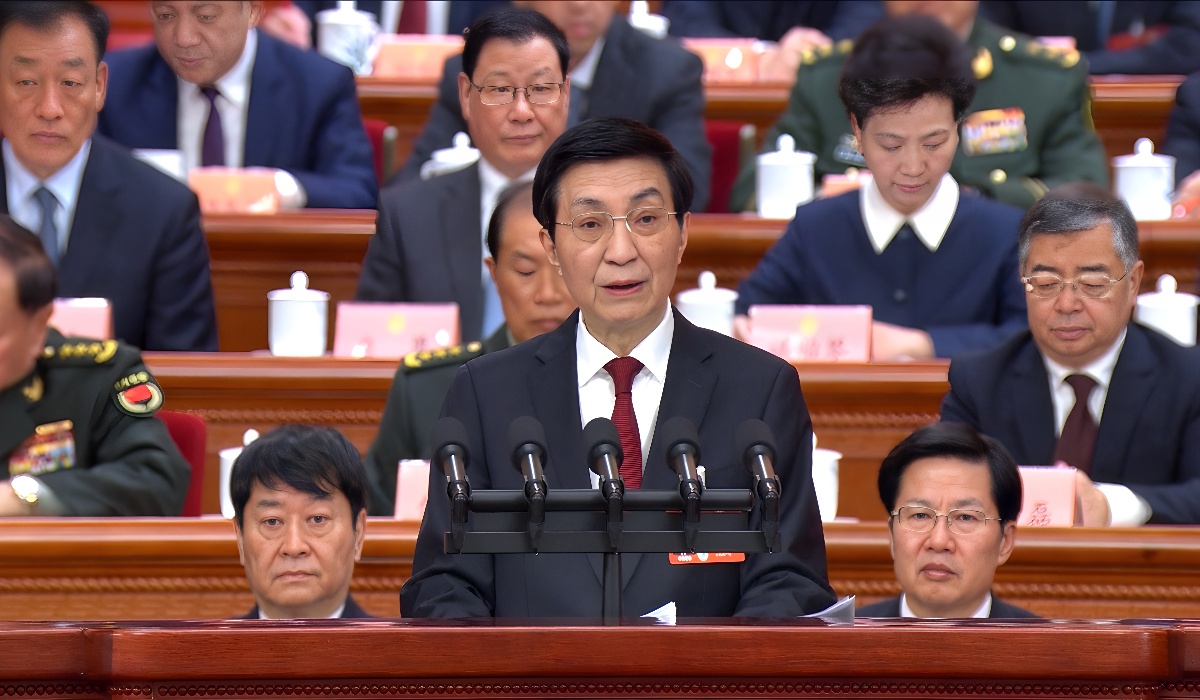China’s annual political event, the “Two Sessions,” convened on March 5th, 2024, laying out the government’s agenda for the coming year. The event, comprising concurrent meetings of the National People’s Congress (NPC) and the Chinese People’s Political Consultative Conference (CPPCC), unveiled several key economic and social objectives.
Premier Li Keqiang presented the Government Work Report, setting a target of around 5% GDP growth for 2024. This target aligns with the previous year’s goal but acknowledges potential challenges in the current economic climate. To support this ambition, the government committed to a proactive fiscal policy and a prudent monetary policy. Additionally, measures were announced to create over 12 million urban jobs and maintain a deficit-to-GDP ratio of 3%.
The “proactive fiscal policy” suggests an increased focus on government spending to stimulate economic activity. This could include infrastructure investment, tax breaks for businesses, and increased social spending. The “prudent monetary policy” likely indicates a cautious approach to managing interest rates and credit availability, aiming to maintain financial stability while promoting economic growth.
The target of creating over 12 million urban jobs highlights the government’s concern about unemployment and its commitment to social stability. Maintaining a 3% deficit-to-GDP ratio signifies a focus on fiscal responsibility, aiming to control government debt while allowing for necessary spending.
The report emphasized plans to modernize the industrial system and develop new quality productive forces, suggesting a focus on upgrading China’s industrial base and promoting innovation. Additionally, the government aims to step up research in disruptive and frontier technologies, such as artificial intelligence and robotics, to enhance long-term economic competitiveness.
To counter economic headwinds, the government plans to launch a year-long program to stimulate consumption. This program could involve measures like tax rebates for consumers, increased spending on social programs, and encouraging wage growth. Additionally, 700 billion yuan will be allocated from the central government budget for investment in 2024. These initiatives aim to bolster domestic demand, which has been a key driver of China’s economic growth in recent years.
The report reiterated China’s commitment to ensure national treatment for foreign-funded enterprises, suggesting a continued focus on attracting foreign investment and promoting a level playing field for both domestic and international businesses. Additionally, China expressed its intention to work towards joining the Comprehensive and Progressive Agreement for Trans-Pacific Partnership (CPTPP), a major free trade agreement in the Asia-Pacific region. Joining this agreement could offer China access to new markets and trade opportunities.
Other Key Areas
The “Two Sessions” addressed other vital areas:
- Ensuring stable production and supply of agricultural products: This initiative aims to maintain food security and address potential challenges like rising food prices.
- Advancing the energy revolution: This involves promoting renewable energy sources and reducing dependence on fossil fuels, contributing to environmental sustainability.
- Opposing “Taiwan independence” and external interference: This reiterates China’s stance on a sensitive political issue.
- Upholding international fairness and justice: This reflects China’s position on global governance and its desire to play a more prominent role in international affairs.
The “Two Sessions” serve as a crucial platform for China to chart its course for the coming year. The outlined goals and policies reflect the government’s priorities in navigating current economic challenges and fostering sustainable growth. Achieving a 5% GDP target amidst global uncertainties and domestic headwinds will require strategic implementation of the outlined measures. The success of these plans will have significant implications not only for China’s economic trajectory but also for the global economy.









